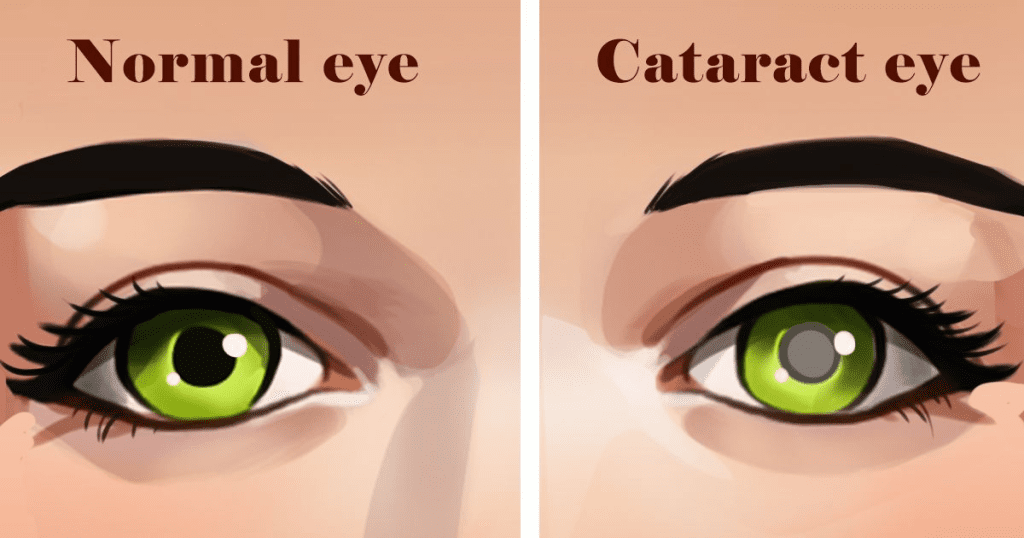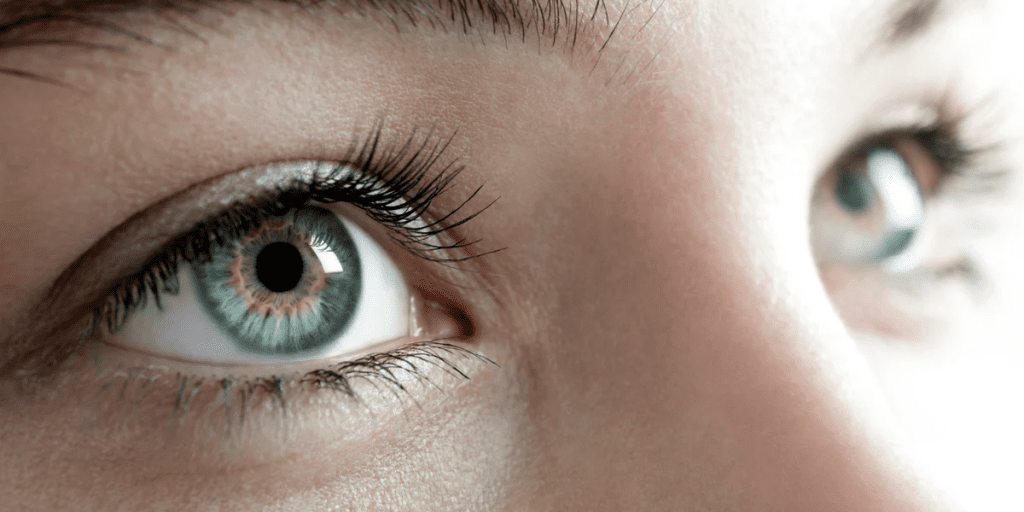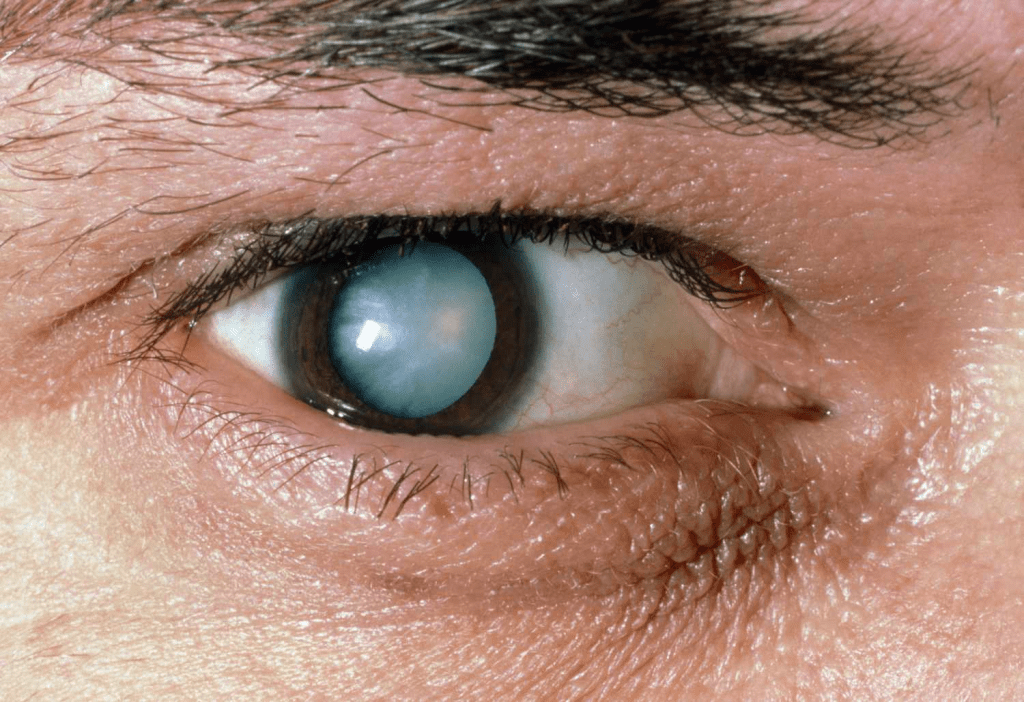Cataracts are a common eye condition, especially as we age, that result in clouded or blurry vision due to the clumping of proteins on the lens of the eye. While they are typically associated with those over 40, anyone can develop cataracts. Although the exact cause of cataracts remains unknown, there are proactive steps you can take at home to reduce your risk and manage symptoms. If you’re concerned about cataracts, here are six essential things you should be doing to help protect your vision and support eye health.
1. Prioritize Quality Sleep: Rest Your Eyes

Getting enough sleep is one of the most overlooked aspects of maintaining overall health, including eye health. When it comes to cataracts, your body needs time to repair and rejuvenate, which is best done while you sleep. According to Medical News Today, getting a minimum of seven hours of uninterrupted, high-quality sleep every night can be a crucial step in helping your body fight against cataracts.
When you’re well-rested, your eyes are less strained, and your overall body function improves. Think of sleep as a reset button that your eyes depend on to heal and function optimally. Make sure you establish a good bedtime routine and avoid screen time before sleeping to enhance your sleep quality.
2. Quit Smoking: Protect Your Vision
You probably already know smoking is harmful to your lungs and heart, but did you know it significantly increases your risk of cataracts? Studies show that smokers are three times more likely to develop cataracts compared to non-smokers. WebMD and Medical News Today both highlight that quitting smoking is one of the best things you can do to protect your eyes.
When you smoke, harmful chemicals enter your body, which can accelerate the clouding of your eye lenses. The toxins in cigarettes can damage the delicate tissues in your eyes, contributing to the formation of cataracts. So, if you haven’t kicked the habit yet, now is the perfect time to quit for the sake of your vision.
3. Wear UV Protection: Shield Your Eyes from the Sun
Just like you protect your skin from harmful UV rays, your eyes need protection too. Prolonged exposure to the sun’s ultraviolet rays can increase your risk of developing cataracts. The National Eye Institute recommends wearing sunglasses that block 100% of UVA and UVB rays whenever you’re outdoors, even on cloudy days.
For added protection, consider wearing a wide-brimmed hat or a visor to reduce direct sunlight exposure. Sunglasses with polarized lenses not only protect your eyes but also reduce glare, making it easier for you to see on bright, sunny days. Remember, safeguarding your eyes from UV rays is an easy and effective way to slow cataract progression.
4. Limit Steroid Use: Avoid Unnecessary Medications

Steroids, while useful for treating various health conditions, can contribute to the faster development of cataracts. If you take steroid medications frequently, you may be putting yourself at risk. The National Eye Institute suggests avoiding the long-term use of steroids whenever possible, or at least consulting your doctor about alternative treatments.
Steroids can cause protein buildup on the lens of the eye, hastening the formation of cataracts. If you need steroids for medical reasons, speak with your healthcare provider to explore lower-risk options or strategies to minimize the impact on your eyes.
5. Eat Antioxidant-Rich Foods: Nourish Your Eyes
Diet plays a major role in eye health, and consuming foods rich in antioxidants is key to preventing cataracts. Antioxidants help protect your eyes from oxidative stress, which can damage the proteins in the lens. Vision Source emphasizes the importance of eating fruits and vegetables high in antioxidants.
How can you tell which foods are best? Look for those with vibrant, deep colors, such as strawberries, blueberries, oranges, and leafy greens like spinach and kale. These foods are packed with vitamins C and E, which have been shown to reduce the risk of cataracts. Incorporating these into your daily diet is a simple yet powerful way to support your vision.
6. Include Carotenoids in Your Diet: Boost Eye Protection

Carotenoids, a type of antioxidant found in colorful fruits and vegetables, play an essential role in protecting your eyes. Vision Source points out that carotenoids, such as lutein and zeaxanthin, are found in high concentrations in the retina and help filter harmful blue light, which can cause eye damage over time.
To boost your intake of carotenoids, make sure to eat foods that are red, orange, green, and yellow in color. Some excellent sources include pumpkins, squash, carrots, tomatoes, and green leafy vegetables like kale and spinach. These natural pigments not only help maintain eye health but also reduce the risk of cataract formation.
Conclusion: Proactive Steps Can Help Prevent Cataracts

Cataracts may be a natural part of aging, but that doesn’t mean there’s nothing you can do to slow down their progression or prevent them altogether. By making some simple lifestyle changes—like getting enough sleep, quitting smoking, wearing UV protection, limiting steroid use, and improving your diet with antioxidant-rich and carotenoid-packed foods—you can give your eyes the support they need.
Nothing can replace regular eye exams, but taking these preventive measures at home can reduce your risk of needing cataract surgery in the future. It’s never too late to start taking care of your eyes, and by adopting these practices, you’ll be well on your way to maintaining clear, healthy vision for years to come.


